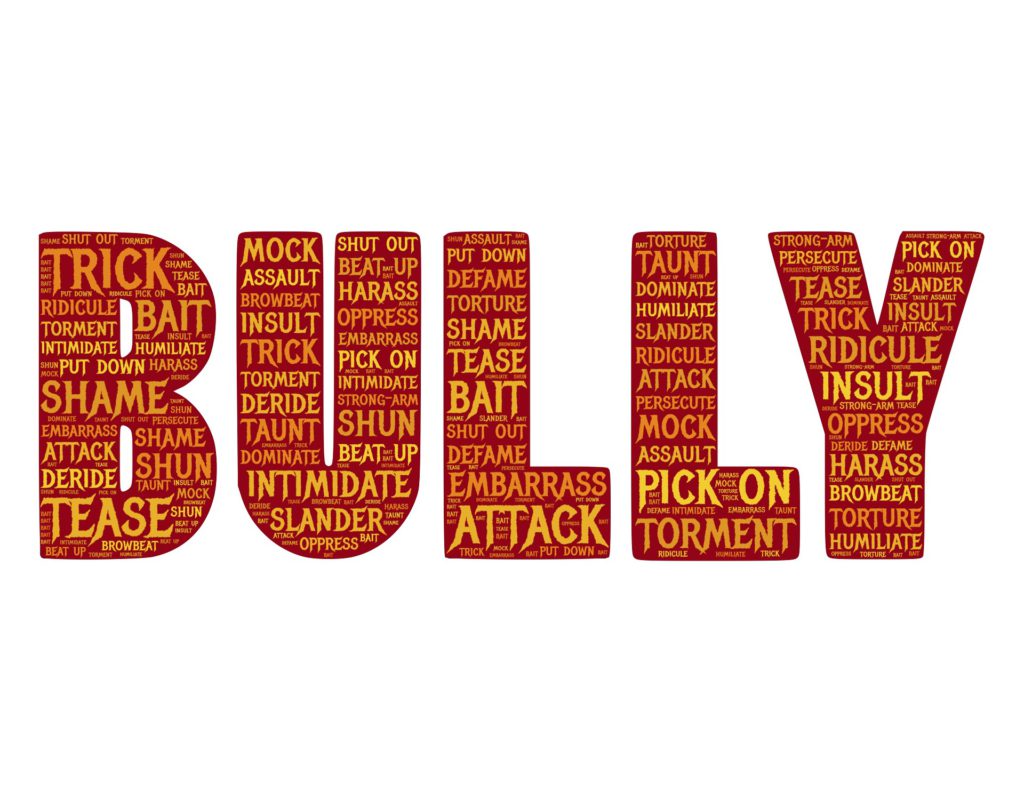
Product labels have their place
Product labels have become increasingly important the more conscious we become about what we consume and purchase. A healthier lifestyle, environmental concerns, and social responsibility are a few reasons we search for and read labels. One ingredient, one raw material, or even a product’s origin is enough for a consumer to disregard an otherwise appealing product. This use of labeling is for both the benefit of the individual and the community. This is, however, where the benefits of labels stop.
Labeling allows us to discern information, however…
In an age of overwhelming access to information, the desire to share knowledge increases, as does skepticism around accuracy and its source. Everyone can’t be right, so who is telling the truth? There is some truth on all sides when we listen without judgment to find common ground and seek understanding.
Humans instinctually discern the goodness and value of the information we gather from our senses. From an evolutionary standpoint, a slip in judgment could have been a matter of life or death. The problem is, too often we make rash one-sided judgments of people and therein lies the danger of labels.
Labeling people leads to dehumanization
![]() Opposing views, as displayed in the political arena, are usually not resolved through inquisitive processes to further understand the other(s). Rather, people with differing viewpoints are labeled in dismissive and demeaning ways. The goal is to diminish their worth and tarnish their reputation. Dialogue under these conditions cannot take place.
Opposing views, as displayed in the political arena, are usually not resolved through inquisitive processes to further understand the other(s). Rather, people with differing viewpoints are labeled in dismissive and demeaning ways. The goal is to diminish their worth and tarnish their reputation. Dialogue under these conditions cannot take place.
Name-calling is unpresidential
Small leadership gestures have a big follower impact. On a larger scale, leadership under an umbrella of fear, threats, and verbal aggression slips into dictatorship. Such a manner of conduct breeds animosity and divisiveness. The contentiousness that results has the propensity to lead to violent behavior and clashes.
Believe it or not, Wikipedia has a “nickname” page for Donald Trump. The list is surprisingly (or not) extensive. This a dangerous political method of dealing with opposition. Labeling systemically condones an “us versus them” mentality, allowing it to become the accepted way of dealing with differences. We are witnessing the damage this divisive behavior brings to our diverse communities.
Labeling places people at risk
Once labeled, a person is reduced to several unflattering stereotypes. Once dehumanized that person is perceived as less than human. Their needs, voice, and value are diminished. Susceptibility to discrimination, mockery, oppression, neglect, and abuse (physical, verbal, and emotional) increases.
In extreme cases, significant harm and even death can result. One needs not to look too far in the distant past to see how hateful and dehumanizing language can lead to an act of genocide. The Rwandan Genocide of 1994 is a stark reminder of how the Tutsi minority for decades prior was verbally degraded and labeled as cockroaches and snakes. What does one do with cockroaches and snakes?
Read product labels, stop labeling people
Continue reading labels on products on shelves and on racks. They hopefully make you a more informed consumer. A label on a bag of organic apples grown from a local farm helps the consumer determine the value and worthiness of the purchase.
Degrading labels on people are not accurate and only decrease a person’s value. This can become a slippery slope leading to oppression and the likelihood of injustice to arise. Use great caution before consuming a demeaning and dehumanizing label placed on a person. Rather than labeling people seek to understand and find common ground. Take the time to look into what is not on the label.
About the author
Jean-Pierre Kallanian is a Human Systems Expert, Process Facilitator, Youth Specialist, and Speaker. He accompanies organizations in fully integrating their human resource potential by facilitating group processes that foster authenticity, intention, and collective wisdom. He is also the author of What You Can Learn from Your Teenager: Lessons in Parenting and Personal Growth.